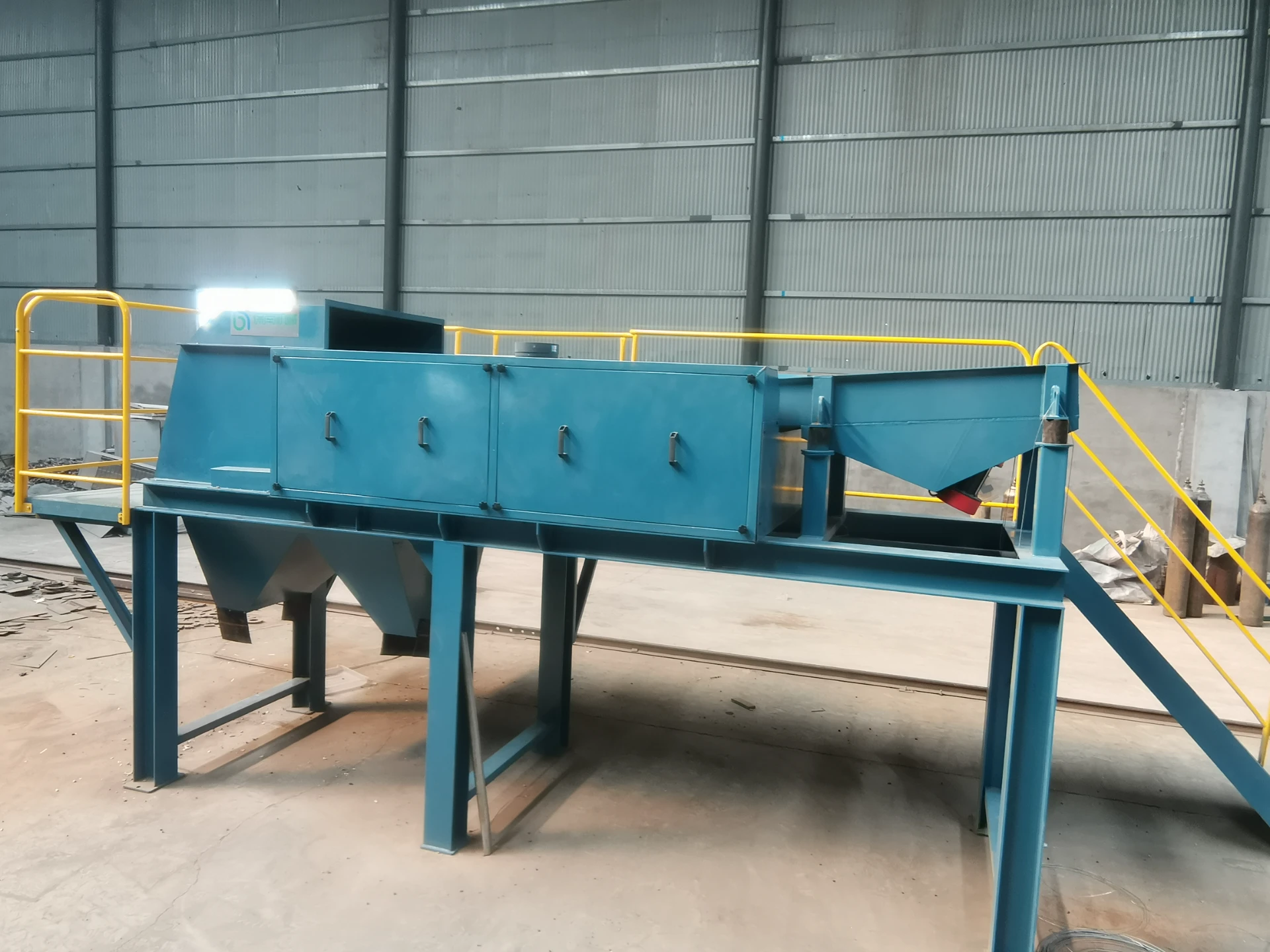

Abe . 07, 2024 15:42 Back to list
How to Recycle PCB A Comprehensive Guide
Printed Circuit Boards (PCBs) are the backbone of modern electronic devices. From smartphones to computers, they connect various electronic components, allowing them to function efficiently. However, as technology advances, older devices become obsolete, leading to an increasing number of discarded PCBs. Recycling these circuit boards is not only an environmentally friendly practice but also a way to recover valuable materials. This article will guide you through the process of recycling PCBs effectively.
Understanding PCBs and Their Components
Before diving into the recycling process, it’s essential to understand what makes up a PCB. Typically, a PCB consists of
1. Base Material Usually made from materials like fiberglass or epoxy resin. 2. Copper Used for connecting the different electronic components. 3. Heavy Metals Including lead, mercury, and cadmium, these materials are hazardous if not disposed of properly. 4. Solder and Other Materials These may include gold, silver, or palladium used in component connections.
In the face of environmental concerns, it’s crucial to recycle PCBs properly to recover these materials while minimizing health risks.
The Importance of Recycling PCBs
Recycling PCBs has several advantages
- Environmental Protection Proper recycling reduces landfill waste, mitigating the release of toxic substances into the environment. - Resource Recovery Many materials in PCBs, such as metals, are finite resources. Recycling allows us to recover these materials instead of mining for new ones. - Economic Benefits The recycling process creates jobs and boosts the economy, providing opportunities in green technology sectors.
Steps to Recycle PCBs
1. Segregation The first step in recycling PCBs is to segregate them from non-metal waste. This can often be done at e-waste collection points or recycling facilities where electronic waste is sorted.

2. Dismantling After segregating, the PCBs need to be dismantled manually or mechanically. This process involves removing components like capacitors, resistors, and connectors that can be recycled separately.
3. Shredding Once dismantled, the PCBs are shredded into smaller pieces to facilitate further processing. This step helps in the efficient recovery of metals and other materials.
4. Separation The shredded materials go through a series of processes to separate metals from non-metal components. Various techniques are employed, including
- Magnetic Separation Used to extract ferrous metals. - Air Classification Helps to separate lighter materials from heavier ones. - Flotation A method used for recovering precious metals from the shredded boards.
5. Refining The separated metals and recovered materials may undergo refining processes to remove impurities, resulting in high-purity materials ready for reuse in manufacturing.
6. Responsible Disposal Non-recyclable materials must be disposed of responsibly in compliance with local regulations to ensure that hazardous substances do not threaten the environment.
Where to Recycle PCBs
Numerous options are available for recycling PCBs
- Local E-Waste Recycling Centers Many cities have designated e-waste recycling facilities that accept PCBs. - Retail Take-Back Programs Some electronics retailers offer take-back programs allowing customers to recycle old devices, including PCBs. - Specialized Companies Numerous companies specialize in e-waste recycling and offer services for dismantling and recycling PCBs, often providing pickup options for larger quantities.
Conclusion
Recycling PCBs is a critical practice in today's technology-driven world. By following the appropriate steps to recycle these circuit boards, we can mitigate environmental damage, recover valuable materials, and contribute to a sustainable future. Whether you are an individual looking to dispose of electronic devices or a business managing e-waste, understanding how to recycle PCBs responsibly is essential for fostering an eco-friendly environment. Let’s work together to promote recycling efforts and ensure that our electronic waste is treated with care and respect for our planet.
Latest news
Troubleshooting Common Eddy Separator Problems
NewsJul.04,2025
The Role of Metal Recycling Plants in Circular Economy
NewsJul.04,2025
The Impact of Recycling Line Pickers on Waste Management Costs
NewsJul.04,2025
Safety Features Every Metal Shredder Should Have
NewsJul.04,2025
How Industrial Shredders Improve Waste Management Systems
NewsJul.04,2025
How Cable Granulators Contribute to Sustainable Recycling
NewsJul.04,2025